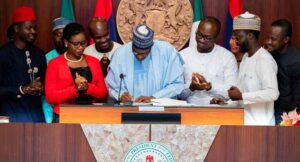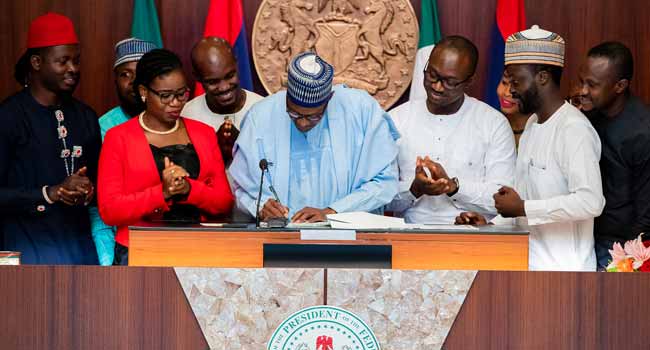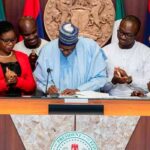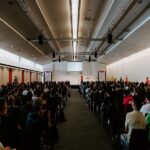
In Africa where over 60% of the population are young people, it is surprising the low representation of the youth in affairs of governance and politics. While the role of the youth has mainly been in the informal sector of politics, we believe that the best way to turn Africa from a developing continent to a modern and developed one is through the effectual and equitable representation of the youth in all levels of government and politics.
When a state or country is ruled by old ideas and old visions, it becomes difficult and nearly impossible for the required changes to take place. The world is changing and while we still need experience when it comes to foreign policy and foreign relations, we need new ideas and young blood in domestic governance. Thus, the question is, how can Africa and African nations benefit from youth-led governance?
Civic Engagement
When the youth are largely involved in governance, there is an increased level of civic engagement. Most of our older leaders today depend on political engagement and that isn’t as broad as civic engagement. Civic engagement includes inclusion and service to the community through education, health, and charity. In political engagements, we vote and participate in political demonstrations while civic engagements involve roundtable discussions and more patriotism-led interactions. When the youth lead, they are better able to communicate with the majority of the population, their fellow youth.
Better Citizens
In Africa, the youth are predominantly used in the informal part of politics, the parts that involve thuggery and violence and short-term involvements. However, when the youth are streamlined into formal politics, you tend to increase patriotism and political engagements. This makes the youth feel included and because they are included, they now have a stake which makes them better citizens.
Improved Democracy
While power can sometimes corrupt even the noblest people, it has become clear that youth participation in formal politics helps improve democracy. When the youth protest, the average elderly ruler sees it as a life-or-death situation and uses deadly means to enforce calm. However, the average young person would see protests as a way to listen and act fast to resolve any issues without the loss of life. The fastest way to improve democracy is to get more youth into positions of leadership and political servitude.
Better Policies
The term youth for youth plays a major role here. The youth face many issues in a fast-changing world. Economically, things aren’t as favorable as they were decades ago and this has caused young people to struggle to make ends meet a lot of heartaches. While the elderly political class may overlook these issues, we, young people know firsthand, out of the experience, what the issues are. And because we understand the plight, we can develop better policies that will go a long way in pacifying and making life bearable for the average citizen.
Conclusion
In Nigeria, the eligible age for a person to contest for a political position starts at 25, but the right to contest does not also mean freedom and fairness in competition. Even when young people pool resources, ideas, and the courage to contest to make positive changes, the forces of the state or elite older class bully them either financially or otherwise.
For the sake of rapid development, we need to encourage with words and resources, the youth to take up formal and visible roles in governance.






Leave a Reply